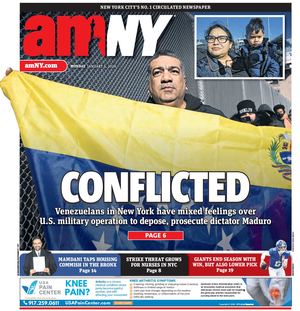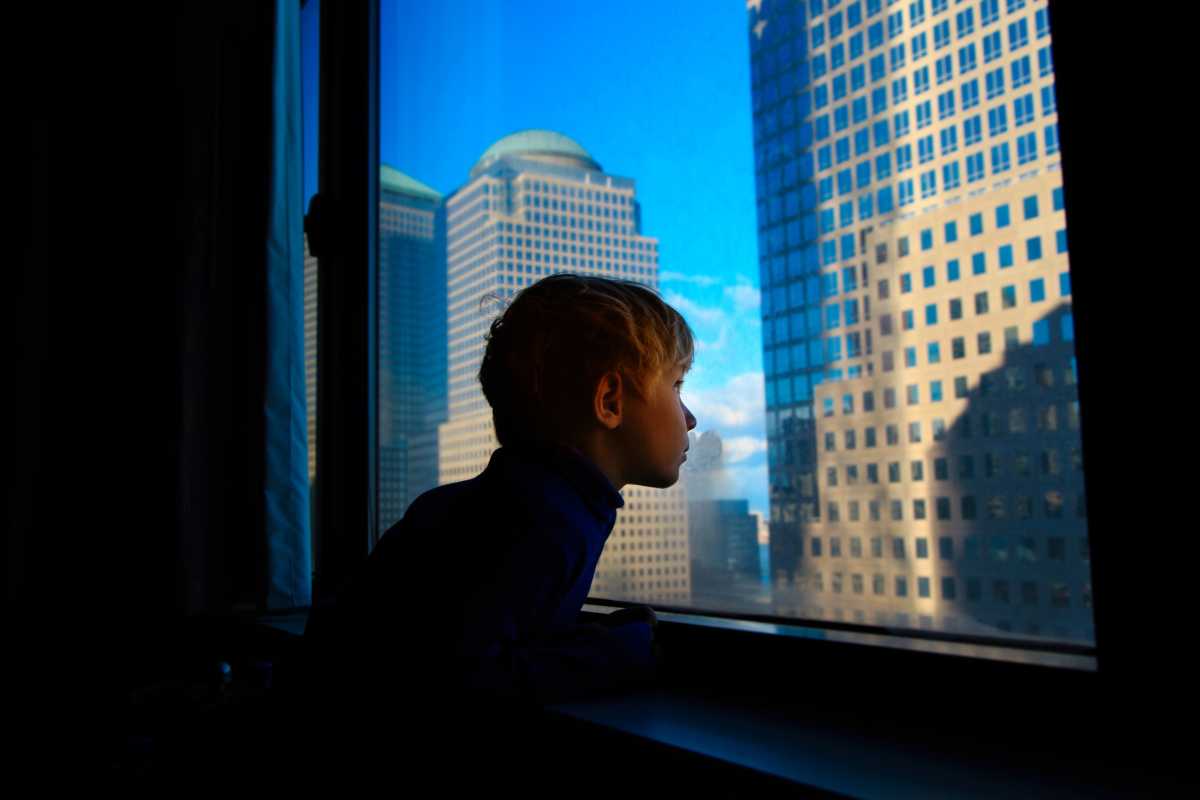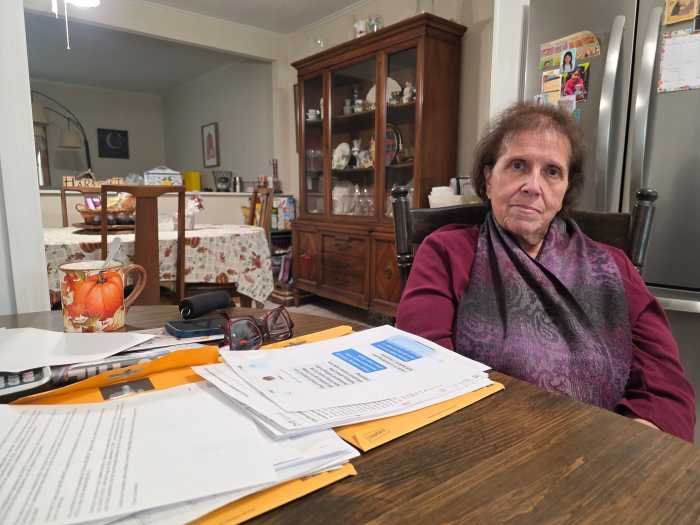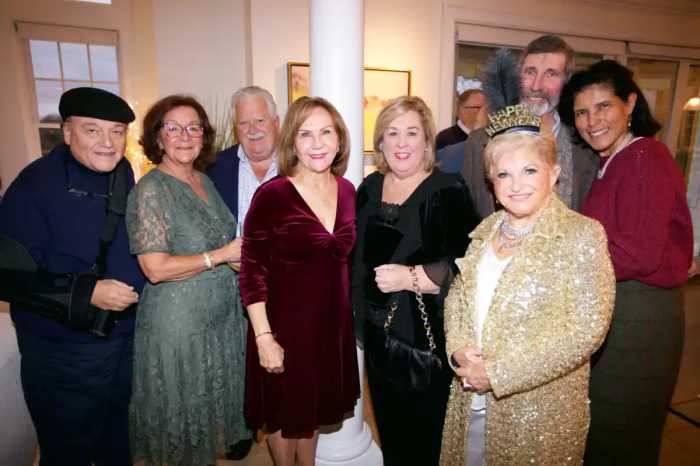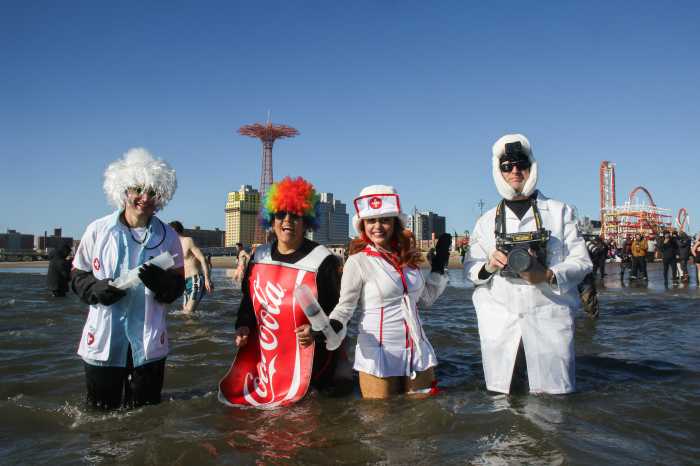It is a tough thing to make a movie about a real person and in many respects it is even tougher to do so when they’ve recently died and their loved ones have registered objections to the project.
Those are the circumstances facing director James Ponsoldt, screenwriter Donald Margulies and stars Jason Segel and Jesse Eisenberg in “The End of the Tour,” a cinematic adaptation of a book by one-time Rolling Stone journalist David Lipsky about the days he spent interviewing the late author David Foster Wallace in 1996.
It’s tenuous moral terrain and one rife with challenges for everyone from Wallace’s family and friends (his estate does not approve of the film), to the makers, critics and audiences. The circumstances behind “End of the Tour” get at a fundamental question underlying any work of fiction purporting to be “based on true events,” namely how one determines who is fit to own and shape another’s legacy.
The movie plays as a dialectic on that notion, depicting the development of the relationship between interviewer and subject, growing from wary mistrust to something approaching understanding over the course of several days across the frigid Upper Midwest.
Lipsky (Eisenberg) has come to Illinois in a bid to make sense of Wallace, who was at the tail end of his promotional duties for magnum opus “Infinite Jest” and, according to the film, fairly uncomfortable with his elevation to the status of literary genius by the countless readers awed by his work.
What follows is a sensitively drawn portrayal of two men operating in different corners of the same milieu, brought together in a shared bid to, essentially, make sense of each other and himself. The movie is a thoughtful consideration of the impossible pursuit of happiness and fulfillment; initially, Lipsky sees in Wallace the high-achiever he wishes he could be, while the author regards his interviewer with hardly disguised disdain.
The stereotypes are shaded and rendered more complicated as Ponsoldt builds dramatic tension beneath the mundane surface of drives down indistinct commercial boulevards, conversations inside diners and Wallace’s average home, and, finally, a business trip to the Twin Cities.
What sounds suffocating plays as an openhearted piece of cinema, thanks to the filmmaker’s great grasp of observational technique and the fine performances by Eisenberg and Segel. The former has made a career out of evoking a distinct combination of smarm and smarts, which deeply fits the insecure Lipsky. Segel has a magnetic quality that makes Wallace seem like a regular guy in many respects, who happened to be blessed with a deep and innate understanding of what makes us who we are. It’s a weighty knowledge to possess and it’s one that he makes you feel throughout the film.
None of this lessens the uneasiness about the entire endeavor, but there’s no doubt that “The End of the Tour” at the very least, respects the man and his story.
